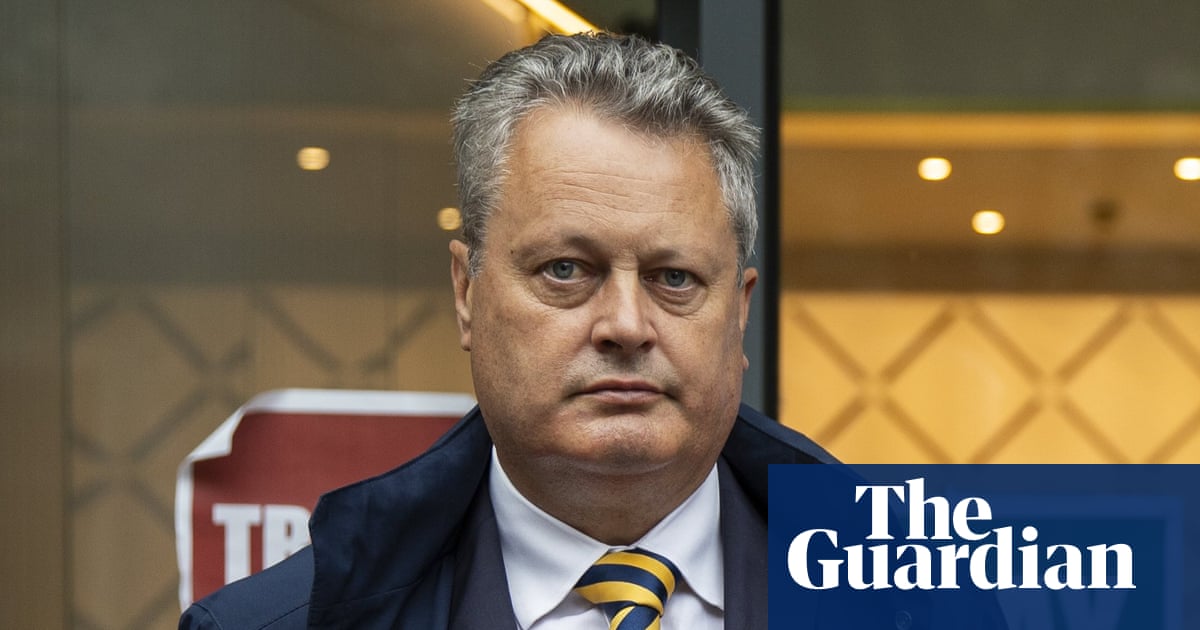Leading experts on the use of chemical castration for managing sexual offenders have said they would refuse to be part of any program in the UK that makes the intervention compulsory.
Shabana Mahmood, the justice secretary, confirmed in the Commons on Thursday that she is examining whether she can force offenders, including paedophiles, to take pills or injections to suppress “problematic sexual arousal”.
But experts, including the professor who oversaw the UK’s first “chemical suppression” pilot, said such an approach would be ethically unsound. A lawyer specialising in sexual abuse cases questioned whether it would even work.
Prof Don Grubin, who worked on the 2007 pilot in HMP Whatton in Nottinghamshire to medically manage sexual offenders who volunteered for treatment, said: “Doctors are not agents of social control. It would be ethically unsound to use medication to reduce risk rather than to treat a health indication.”
Grubin, a criminal psychiatrist and emeritus professor of forensic psychiatry who has researched male sexual offenders for years, said he and others in the field would refuse to work on a mandatory program.
“The problem with prescribing medication on a mandatory basis is that doctor’s role is to treat patients with their consent, not without it – particularly when medications can have significant side effects,” he added.
Grubin said mandating medical intervention would not be ethical because sex offenders are not mentally ill. “They have capacity to make their own choices and these choices include whether or not to take medication,” he said. “It also includes choices about whether or not they want to manage their own behaviour.
“Most offenders don’t want to go back to prison, and they don’t want to go out and offend. So most will voluntarily participate in programmes that are going to reduce the chances of either of those things happening,” he said.
Prof Belinda Winder said making medication compulsory could make it more likely that sex offenders would commit other crimes. “I would be very worried if the government made it compulsory,” said Winder, who has more than 15 years of experience working on reducing reoffending of sex offenders, supporting rehabilitation and promoting ethical and evidence-based practices within the criminal justice system.
“If offenders are being coerced and forced, you’re just pushing the problem somewhere else,” she said. “You might reduce the sexual urges but you’ve perhaps increased their hostility, aggression and sense of having a grievance.”
The administration of medications suppressing libido and sexual activity is legal in several US states, where it is often used as a condition of parole or early release. Voluntary in most states, it was made a mandatory condition of parole in 2019 in Alabama for certain offenders.
Other countries mandate the intervention for certain sexual offenders, usually repeat child sex offenders. In Moldovia, however, compulsory intervention was revoked after a year when its constitutional court ruled it violated fundamental human rights.
Dr Adarsh Kaul, a consultant forensic psychiatrist and clinical director at Nottinghamshire healthcare NHS trust, has more than two decades of experience in managing sexual offenders, particularly through pharmacological interventions. He also said he would not work with patients who had been coerced, warning that far from being a “one size fits all” solution, medical intervention is only appropriate and effective for about a third of sex offenders.
“The only people I will work with are those in prison for whom therapy has, or is likely to, fail,” he said. “But if a patient shows any indication that he is being forced to take these drugs, then I won’t prescribe them because it’s a medical treatment I’m providing on the basis of voluntary consent.”
Marcus Johnstone, the managing director at PCD solicitors and specialist in representing serious sexual offenders, said any attempt to force offenders to take libido-altering chemicals would be challenged in the courts and European courts, adding: “These proposals will fail as a way of reducing reoffending without investment in adequate psychological treatment services in tandem.”
Prison Reform Trust chief executive Pia Sinha said forcing medical treatment raises “clear ethical considerations” which could put medical practitioners in an “invidious” position.
She said: “Medical interventions to address the behaviour of people convicted of sexual offences only applies to particular types of offending – it must not be seen as a panacea.
“Any treatment that targets its use needs to be strictly risk-assessed by medical experts rather than ministers.”
The Sun disclosed on Wednesday night that Mahmood would examine plans to chemically castrate paedophiles. A review led by the former justice secretary David Gauke recommended reforms to overhaul the prisons system. It also looked at ways to cut reoffending, with one proposal to consider further use of chemical suppressants, which are being piloted in south-west England.
In a statement to the Commons, Mahmood said: “The review has recommended we continue a pilot of so-called medication to manage problematic sexual arousal.
“I will go further with a national roll out, beginning in two regions covering 20 prisons. And I am exploring whether mandating the approach is possible. Of course, it is vital that this approach is taken alongside psychological interventions that target other causes of offending, like asserting power and control.”
Problematic sexual arousal can be reduced by chemical suppressants and prescribed medication, but the review highlighted the treatment would not be relevant for some sex offenders such as rapists driven by power and control, rather than sexual preoccupation.

.png) 3 months ago
61
3 months ago
61

















































